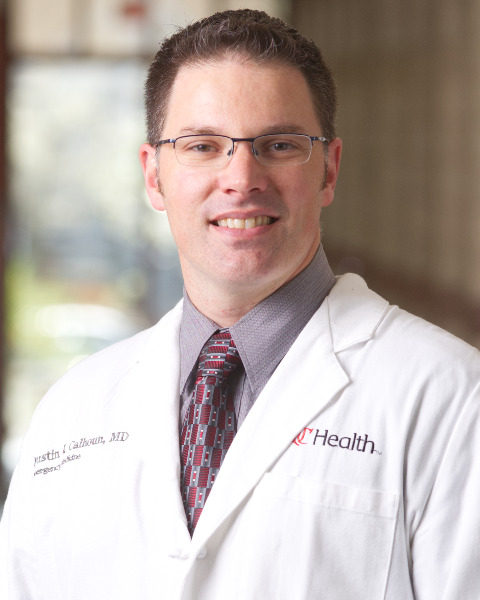Clinical Practice
When Capacity Isn't About Aircraft Lift: determining Your Patient's Medical Decision Making Capacity in Critical Situations
Sunday, December 31, 2023
15:30 - 16:00 East Coast USA Time
Location: Recording Available by Dec 31

Dustin J. Calhoun, MD, FAEMS
Associate Professor of Emergency Medicine
University of Cincinnati / Air Care and Mobile Care, United States
Main Presenter(s)
Disclosure(s):
Dustin J. Calhoun, MD FAEMS: No financial relationships to disclose
Patients fundamentally have the right to make their own medical decisions. As medical professionals, it is incumbent upon us to do all we can to support that right. Along with that responsibility comes the duty to ensure that patients have both the necessary information presented at a level of complexity appropriate for them as well as the ability to absorb and process this information and produce a decision consistent with their values and desires. This ability can be hindered by many things including shock, electrolyte disturbance, blood glucose abnormality, intoxication, infection and primary psychiatric disturbance. This session will provide an objective framework for evaluating a patient, regardless of pathology, and making a reproducible and defensible decision about their medical decision making capacity. This skill is crucial in the acute care and critical care transport environment where we are often faced with patient we're meeting for the first time, on the worst day of their lives and in a situation that often calls for highly impactful decision to be made by both the provider and the patient.
Learning Objectives:
- Define the difference between a patient's decision making capacity and competence.
- Describe a simple three to four question algorithm for determining a patient's medical decision making capacity.
- Demonstrate how to apply a simple three to four question algorithm to example cases to determine medical decision making capacity.

.jpg)
.jpg)
.jpg)
.jpg)
.png)
.jpg)
.jpg)
.jpg)
.png)
.jpg)
.jpg)
.jpg)
.jpg)
.jpg)
.jpg)
.jpg)
.jpg)
.jpg)
.jpg)
.jpg)
.jpg)
.jpg)